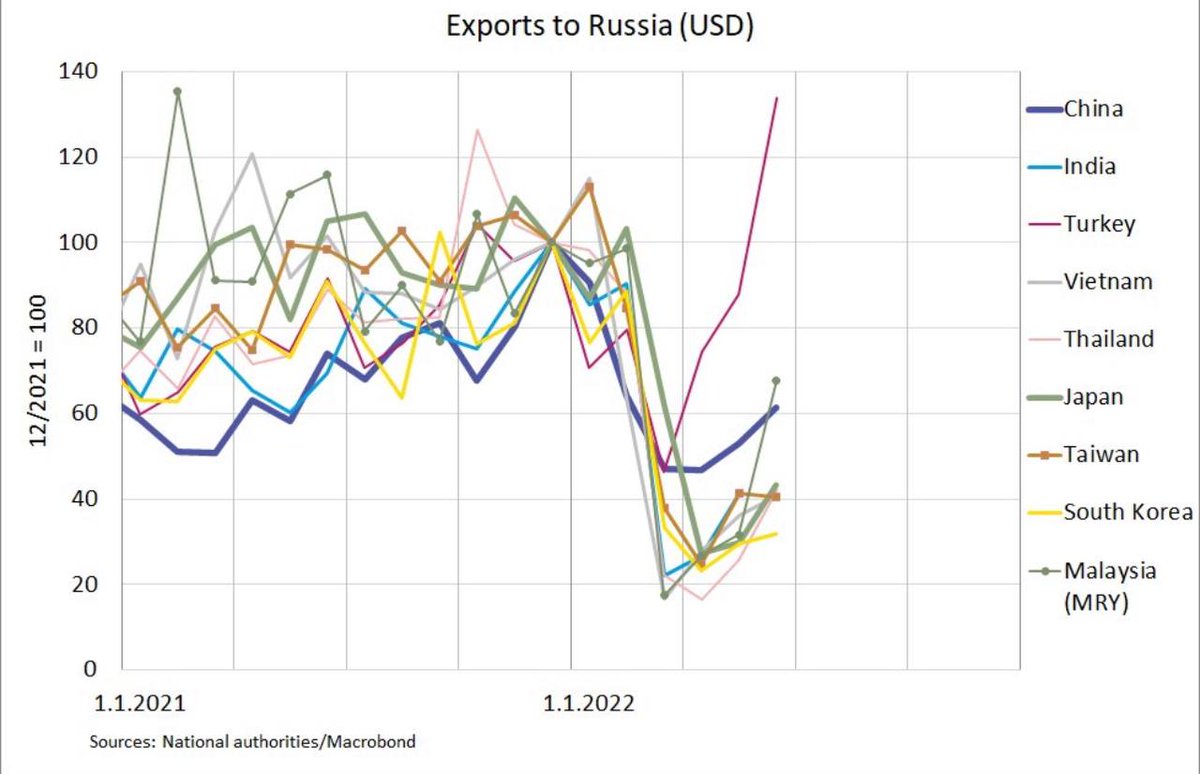
I feel it may be an even more virgin field. Administrative documents are written on a dead language of a dead culture and thus are inaccessible even for the modern Turks. Once you learn modern Turkish, you'll need years to start reading the Ottoman. In some cases - many years
https://twitter.com/MarkDic52010739/status/1558070632612503560
Add to that that reading legal and especially fiscal documentation may take many years of excruciating training. There are very few people who can read them, including in Turkey itself. So yes, I believe there may be lots of potential to introduce new sources in this field
Discontinuity between the modern Anatolian Turkish and the literary language of 1900 is far greater than in any big European language that I'm aware of. 1900 literature is almost completely inaccessible. The same goes for many other Turkic languages such as my native Tatar
Traditional Ottoman or Tatar culture put a great focus on mastering the Farsi. It was Farsi that used to be the language of culture and education. The Arabic also played a major role, although I would argue it might be less important. Traditional culture was very Persianate
In the 19th c. it started to change. Whereas the old Persianate culture continued to exist, a modern, more Westernised one emerged. And when I say Westernised, I mean Gallicised. Turkic cultural and political modernism of 19-20 cc. was predominantly French-influenced
Three policies pamphlet may be a great example. But I'll write about it later
• • •
Missing some Tweet in this thread? You can try to
force a refresh





